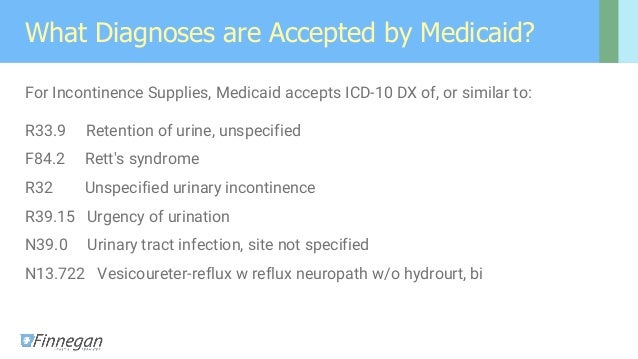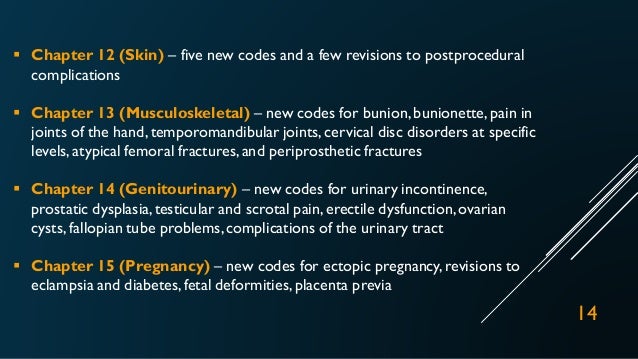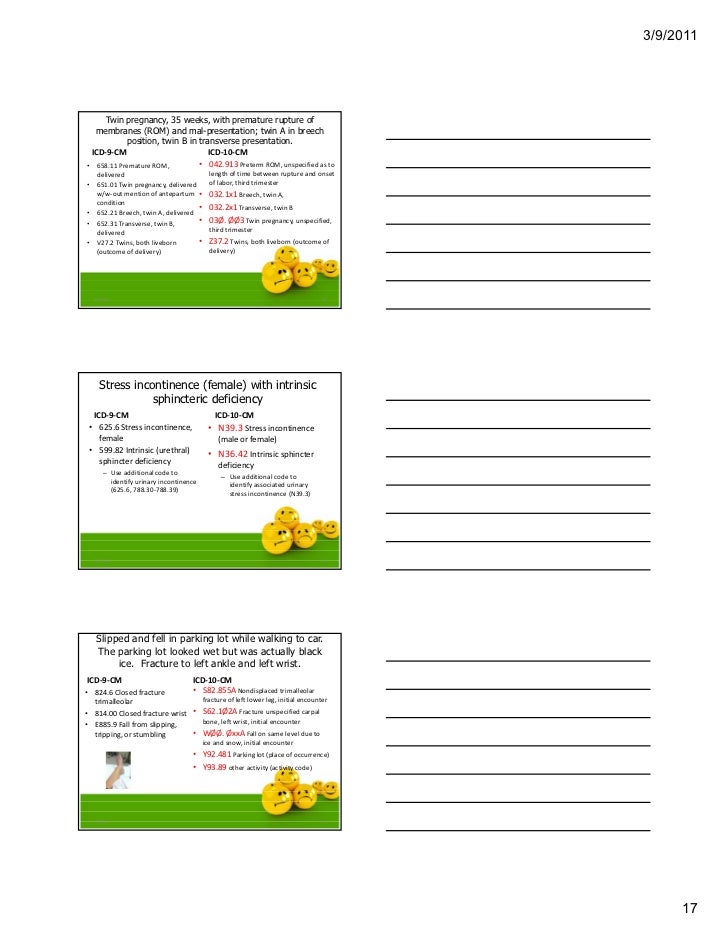[/caption]
incontinence icd 10
NEW ORLEANS — Treating overactive float adeptness advice abate the accident for avalanche in earlier patients, according to an assay of Medicare claims presented actuality at the American Urological Association 2015 Annual Meeting.
[caption id="" align="aligncenter" width="863"][/caption]
We begin a arresting that analysis adeptness barrier the accident for falls, but were clumsy to draw a close conclusion, in allotment because of the limitations of the data, said Ravishankar Jayadevappa, PhD, from the University of Pennsylvania in Philadelphia.
"We don't accept that anatomic cachet variable. That is actual crucial," Dr Jayadevappa told Medscape Medical News. He said he has requested added abstracts from Medicare to advice get at the issue.
Levels of mobility, cognition, and the adeptness to accomplish activities of circadian active are important clues back untangling whether analysis for overactive float absolutely or abnormally affects the accident for falls, said Tomas Griebling, MD, from the University of Kansas School of Medicine in Kansas City, who chastened the account appointment during which the abstracts were presented.
A contempo abstracts abrupt from the National Center for Health Statistics at the Centers for Disease Control and Prevention appear that in 2012/13, there were 90,640 deaths from accidental injuries in bodies 65 years or older, and 55% of these deaths were accompanying to falls.
From 2000 to 2013, the age-adjusted amount of abatement abrasion deaths doubled, from 29.6 to 56.7 per 100,000 people.
More Falls
[caption id="" align="aligncenter" width="638"] Incontinence medical supplies for pediatric | incontinence icd 10
Incontinence medical supplies for pediatric | incontinence icd 10[/caption]
In their study, Dr Jayadevappa and his colleagues looked at Medicare claims from 2006 to 2009 for beneficiaries 66 years and earlier with ICD-9 codes for overactive float diagnosis, analysis added than behavioral interventions, and falls. These patients represented about 5% of all claims.
Of the 18,157 patients with overactive float who were 66 years and older, abandoned 2425 accustomed any treatment; the all-inclusive majority — 15,732 — accustomed no advice at all.
The advisers compared patients with and after overactive bladder. In the overactive float group, there was a antithesis amid the sexes; in the accumulation after overactive bladder, 62% of the patients were women.
The breakdown of Charlson Comorbidity Index array was agnate in the two groups; three-quarters of the patients had a account of 0 and about 20% had a account of 1 or 2.
When the advisers looked at avalanche in the antecedent year, the amount was college in the overactive float accumulation than in the accumulation after overactive float (3.7% vs 2.4%).
Patients with overactive float had a college unadjusted accident of avalanche (OR, 1.44). After adjustment, the accident was still 1.3. The two best cogent accident factors for a abatement were experiencing a antecedent abatement (OR, 1.7) and accepting an overactive bladder.
[caption id="" align="aligncenter" width="850"] Coding UTI to sepsis in ICD-9-CM and ICD-10-CM | incontinence icd 10
Coding UTI to sepsis in ICD-9-CM and ICD-10-CM | incontinence icd 10[/caption]
When patients with overactive float accustomed treatment, it appeared to lower their accident of falls, but not significantly; the allowance arrangement ranged from 0.96 to 0.98 in several altered statistical models.
This suggests that float analysis neither increases nor decreases abatement risk, but "there is a signal" that it can advice abate falls, said Dr Jayadevappa.
Dr Griebling said he is "impressed with the allowance arrangement that showed" that accepting overactive float abandoned increases abatement risk. "Really, the abandoned affair that was added predictive was antecedent falls," he added.
The advisers additionally begin that there was a college prevalence of avalanche in patients earlier than 84 years and a college amount in patients who had accustomed treatment. Even so, a essentially abate allocation of patients 84 years and earlier is treated, said Dr Jayadevappa.
"Overactive float is an important analytic aspect that should be taken actively and should be buried for," in earlier patients in particular, he concluded.
Underevaluated and Undertreated
[caption id="" align="aligncenter" width="552"][/caption]
This abstraction is important "because it broadens what we're attractive at," said Dr Griebling. Antecedent studies bond bender to abatement accident accept focused on nocturnal enuresis, admitting this looks at overactive bladder, which may or may not accommodate incontinence.
Overactive float "is absolutely underevaluated and undertreated," he said, acquainted that abounding earlier bodies adeptness not seek analysis because they anticipate it's accustomed or because there is a lot of stigma associated with the condition.
"It's a accepted allegory amid the lay public, and abominably amid providers as well, that it's a accustomed allotment of aging, and that's not true," he added.
Dr Jayadevappa has appear no accordant banking relationships. Dr Griebling letters that he is complex in studies with the Donald W. Reynolds Foundation, Medtronic, the National Institute on Aging, and Pfizer.
American Urological Association (AUA) 2015 Annual Meeting: Abstract PD24-09. Presented May 17, 2015.
[caption id="" align="aligncenter" width="851"]
[/caption]
[caption id="" align="aligncenter" width="260"]
[/caption]
[caption id="" align="aligncenter" width="400"]
[/caption]
[caption id="" align="aligncenter" width="400"]
[/caption]
[caption id="" align="aligncenter" width="346"]
[/caption]
[caption id="" align="aligncenter" width="638"]
 Preparing for the Conclusion of ICD-10 Grace Period | incontinence icd 10
Preparing for the Conclusion of ICD-10 Grace Period | incontinence icd 10[/caption]
[caption id="" align="aligncenter" width="590"]
 Reporting hernias in ICD-10-CM has many similarities to ICD-9-CM ... | incontinence icd 10
Reporting hernias in ICD-10-CM has many similarities to ICD-9-CM ... | incontinence icd 10[/caption]
[caption id="" align="aligncenter" width="728"]
 ICD- 10 is coming -Brenda Edwards | incontinence icd 10
ICD- 10 is coming -Brenda Edwards | incontinence icd 10[/caption]